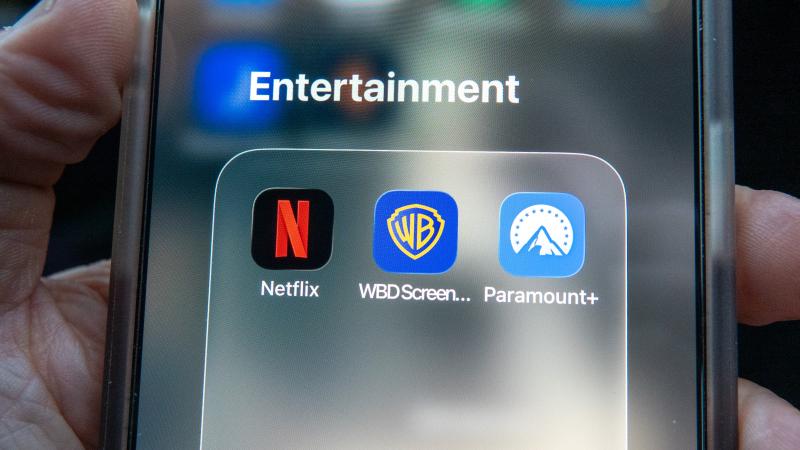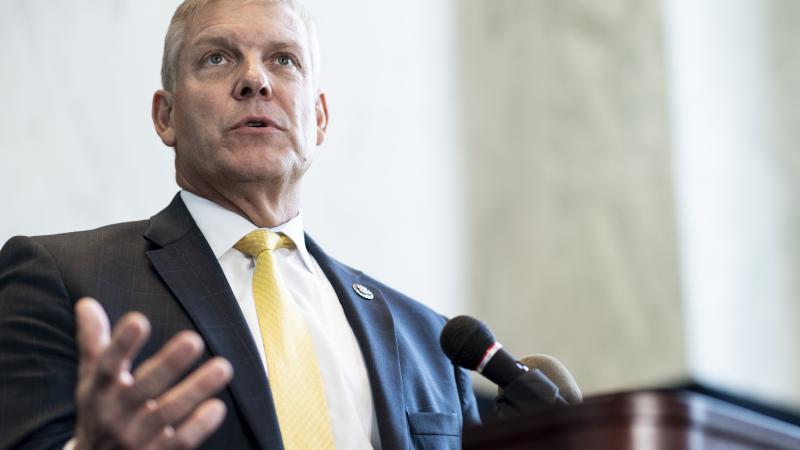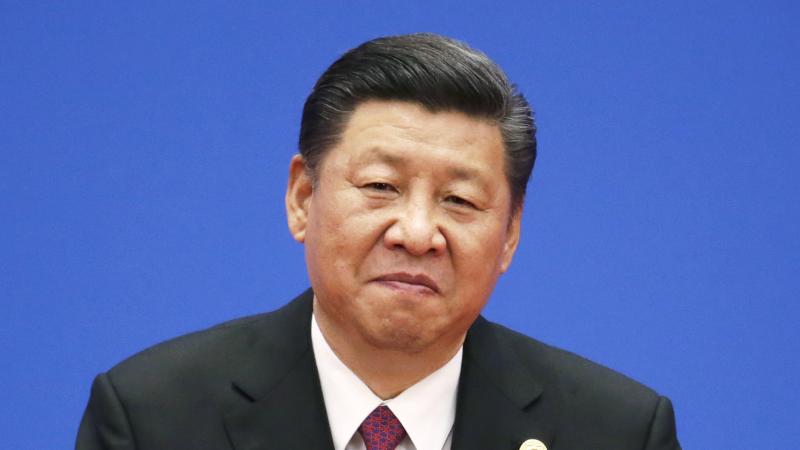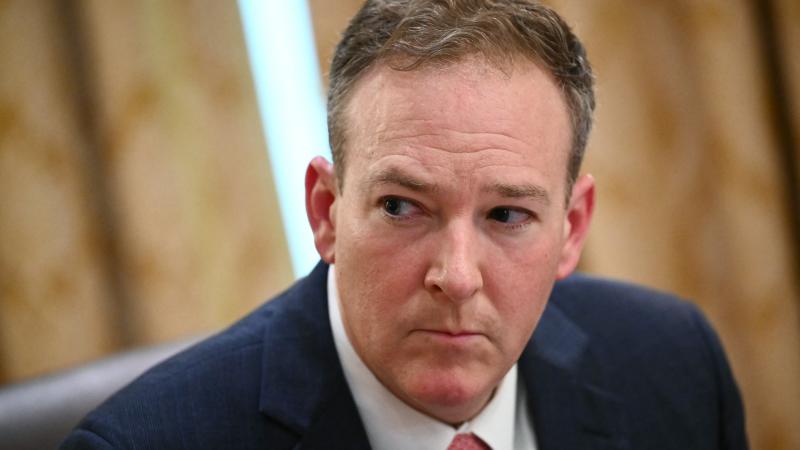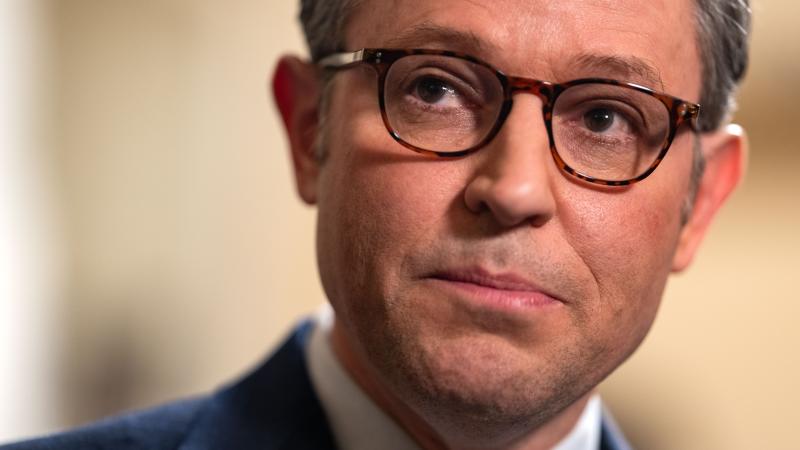Musk scores win exposing elitist orthodoxy — even if he loses Twitter bid
Twitter board, Biden administration scrambling to stop world's richest man, whose takeover attempt pits censorship versus free speech
Elon Musk's bid to buy Twitter and take the company private has prompted backlash among political, cultural and corporate elites, especially on the left, who appear unwilling to cede control over the flow of information on the social media platform even if that means less value for shareholders.
To the extent that a key motive behind Musk's bid is to expose these interlocking elites' dependence on a managed news environment and information control to maintain their ascendancy, Musk may have already won — whatever the ultimate outcome of his bid for the company.
Musk, the world's richest man, on Thursday offered to acquire all the shares in Twitter he doesn't currently own, valuing the social media platform at more than $43 billion. The bid came after a Securities and Exchange Commission (SEC) filing revealed last week that Musk purchased a 9.2% stake in Twitter, making him the company's largest shareholder.
In response to the attempted takeover, Twitter's board of directors voted unanimously on Friday to adopt a so-called "poison pill" to block Musk's attempted takeover. Under the plan, if any person or group acquires beneficial ownership of at least 15% of Twitter's outstanding common stock in a transaction not approved by the board, then other shareholders will be allowed to buy additional shares at a discount.
The move makes it more difficult for Musk to increase his stake above 15%, although Twitter noted its board can still accept an offer if the board deems it in the best interests of the company and its shareholders.
Musk, the CEO of Tesla and SpaceX, had warned Thursday that the board could face legal liability by not accepting his bid.
"If the current Twitter board takes actions contrary to shareholder interests, they would be breaching their fiduciary duty," he tweeted. "The liability they would thereby assume would be titanic in scale."
The billionaire entrepreneur offered to buy Twitter at $54.20 per share, a 38% premium over the closing price on April 1, the last trading day before he disclosed that he'd become Twitter's largest shareholder, and an 18% premium over its closing price on Wednesday.
Musk also tweeted a picture of a Goldman Sachs document from February listing a Twitter price target of $30, almost half of Musk's offer. He was apparently suggesting Twitter rebuffing his offer isn't in the best interest of Twitter's shareholders.
Musk's criticism of the Twitter board's actions dovetails with concerns that Twitter and other tech giants are primarily concerned with maintaining their control over the flow of information, even more so than their fiduciary duties.
Musk has described himself as a "free speech absolutist" and lambasted Twitter for censoring content, indicating he wants to implement changes to make the platform a haven for free speech.
"Given that Twitter serves as the de facto public town square, failing to adhere to free speech principles fundamentally undermines democracy," Musk tweeted late last month. "What should be done?"
The Heritage Foundation, a conservative think tank, released a major report in February on the "totalitarianism" of Big Tech, arguing Twitter, Facebook, and other tech giants are undermining fundamental American freedoms. The author of that report, Heritage research fellow Kara Frederick, told Just the News that Big Tech executives are pushing for control above all else.
Citing author Rod Dreher's definition of a totalitarian state as "one that aspires to nothing less than defining and controlling reality," Frederick said, "I don't think there's a better way to describe what Big Tech, often in league with the government, is doing to our society today."
"These tech companies, which control the rails of communication upon which many Americans (and billions around the world) rely, monitor viewpoints consistent with what conforms to Democrat politicians' version of reality," she added. "From the possibility of a coronavirus lab leak to the New York Post story on Hunter Biden's laptop to the rejection of biological differences between men and women, if it's a ruling class narrative, tech companies defend it."
In October 2020, Twitter infamously blocked users from posting or reading an accurate story on the laptop and business dealings of President Biden's son, Hunter Biden. The company even locked the Post's primary Twitter account. Critics believe the story was suppressed because it made the Bidens look bad ahead of the 2020 presidential election.
The Heritage report highlighted how Big Tech works with government to engage in censorship.
"The integration of public and private spheres is leading to a tech-enabled totalitarianism aimed at social control," Frederick told Just the News. "Such collaboration between public and private entities is not enforced at the barrel of a gun in the United States. But the distinction between the two is eroding daily. Due to their ideological symbiosis, governments are successfully encouraging and taking advantage of tech companies to help police the discourse of ordinary Americans."
Some observers are concerned that the Biden administration will use the power of the federal government to bolster Twitter's efforts to block Musk's bid.
"My concern is that this administration is pretty much guaranteed to oppose this kind of bid," former SEC Chairman Harvey Pitt told Fox Business on Friday. "I think the danger that the government or Congress might intercede in order to prevent this takeover is a very real threat."
Fox Business reported that the SEC and the Justice Department have launched a joint investigation into "regulatory issues" at Tesla, the electric car company run by Musk.
Critics argued the timing is not a coincidence but rather an effort to take down Musk, who has publicly feuded with President Biden over his policies.
Opposition to Musk is also coming from a range of public figures. Saudi Arabian billionaire Prince Alawaleed bin Talal, for example, owns a 4.45% stake in Twitter and publicly rejected Musk's offer, to which Musk responded dryly, "What are the [Saudi] Kingdom's views on journalistic freedom of speech?"
The most intense backlash, however, has come from the political left, with many prominent commentators castigating Musk's Twitter bid.
Washington Post columnist Max Boot, for example, worried that Musk acquiring Twitter would pose an existential threat to democracy, adding, "We need more content moderation, not less."
Former Labor Secretary Robert Reich, who served under President Bill Clinton, curiously said Musk's promotion of more free speech is similar to the same vision pursued by Russian President Vladimir Putin, whose government arrests people who peacefully protest his government inside Russia.
"Musk tweeted that U.S. tech companies shouldn't be acting 'as the de facto arbiter of free speech,'" Reich wrote recently. "[Musk's] world would be dominated by the richest and most powerful people in the world, who wouldn't be accountable to anyone for facts, truth, science or the common good. That's Musk's dream. And Trump's. And Putin's. And the dream of every dictator, strongman, demagogue and modern-day robber baron on Earth. For the rest of us, it would be a brave new nightmare."
Twitter's own employees, who CEO Jack Dorsey has admitted have a "left-leaning" bias, have expressed similar concerns.
"The culture here and this platform deserves to be protected, and I hope the board does the brave thing and refuses [Musk's] offer," one Twitter employee who requested anonymity reportedly said. "Our democracy is more important than a payout. I hope the board agrees."
It's unclear how Musk's apparent intention to promote more free speech would threaten democracy.
Musk shed more light on his motivations for trying to buy Twitter at the TED2022 conference in Vancouver, British Columbia, which was his first appearance since making his Twitter purchase public.
"If in doubt, let the speech exist," Musk said. "If it's a grey area, I would say let the tweet exist. We want to be very reluctant to delete things and cautious with permanent bans. My strong intuitive sense is that having a public platform that is maximally trusted and broadly inclusive is extremely important to the future of civilization."
When asked if there was a "Plan B," if his takeover failed, Musk said "there is," but refused to provide further detail.

